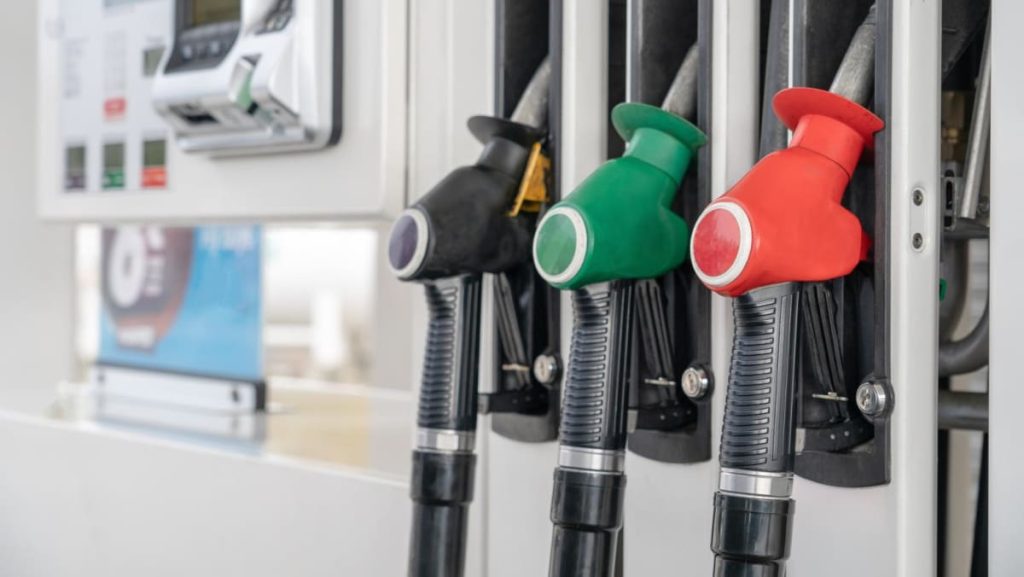Prime Minister Anwar Ibrahim of Malaysia recently announced the government’s decision to implement targeted diesel subsidies in an effort to save the country. This decision comes as Malaysia faces rising subsidy bills due to the heavy subsidization of fuel, cooking oil, rice, and other basic items. The country has been grappling with record levels of subsidies in recent years, putting pressure on government coffers. The diesel subsidy bill alone has increased tenfold from RM1.4 billion in 2019 to RM14.3 billion in 2023.
During a monthly assembly with staff from the Prime Minister’s Department, Anwar emphasized the necessity of taking action, even if the measure is unpopular. Malaysia has begun moving away from blanket subsidies in favor of a more targeted approach that primarily benefits those in need. Despite the likelihood of facing criticism and slander, Anwar stressed that implementing targeted subsidies is crucial for the country’s survival and emphasized that previous prime ministers had agreed on the need for targeted subsidies but lacked the political will to implement them due to the associated risks.
Anwar acknowledged that the decision to implement targeted diesel subsidies may be met with resistance and criticism from various quarters. However, he reiterated that the move is necessary to address the country’s escalating subsidy bills and relieve the strain on government finances. By targeting subsidies towards those most in need, Malaysia aims to ensure that the most vulnerable segments of society receive essential support while reducing the overall burden on state resources.
The Prime Minister pointed out that while the implementation of targeted subsidies may invite backlash and accusations, the government has a responsibility to prioritize the long-term interests of the country over short-term popularity. Anwar emphasized the urgency of the situation, highlighting that the country’s financial stability is at stake and measures need to be taken to prevent further strain on government coffers. He underscored the importance of making difficult decisions to secure Malaysia’s economic future and ensure sustainable growth.
In defending the government’s decision to implement targeted diesel subsidies, Anwar drew attention to the unsustainable nature of blanket subsidies and the need for a more precise and effective approach to support those in need. By shifting towards targeted subsidies, Malaysia aims to strike a balance between providing necessary assistance to vulnerable segments of society while ensuring fiscal sustainability. Anwar stressed that despite the challenges and criticisms that may arise, the government remains committed to enacting policies that are in the best interests of the country and its people to secure a brighter future for Malaysia.
In conclusion, Prime Minister Anwar Ibrahim’s announcement regarding the implementation of targeted diesel subsidies in Malaysia reflects a strategic shift towards a more sustainable and efficient subsidy system. By prioritizing the needs of the most vulnerable segments of society and addressing the escalating subsidy bills, the government aims to ensure long-term financial stability and economic growth. While facing potential criticism and resistance, Anwar emphasized the necessity of making difficult decisions to safeguard the country’s future and create a more resilient economy. It remains to be seen how the implementation of targeted subsidies will unfold and what impact it will have on Malaysia’s fiscal health and social welfare system in the years to come.













